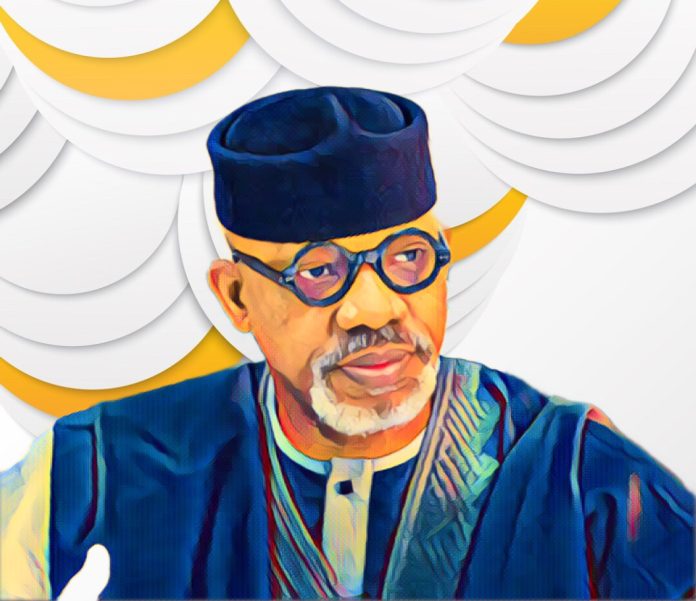In recent years, Ogun State, traditionally one of Nigeria’s more peaceful regions, has experienced a significant rise in criminal activities, placing it among the states with the highest crime rates in the country. A recent police report indicated that in 2021 alone, a total of 2735 suspects were arrested for various crimes, including robbery, kidnapping, rape, and fraud. This figure suggests a worrying trend, with criminal occurrences seemingly doubling in prevalence.
The year 2023 witnessed a particularly troubling spike in violence and crime, including cult wars, armed robbery, and advanced fee fraud, leading to numerous fatalities. This period has been marked as the ‘annus horribilis’ for violent deaths in Ogun State, and concerns mount about what 2024 may hold.
Ogun State, established in 1976, borders Lagos, Oyo, Osun, Ondo states, and the Republic of Benin. The state’s criminals, particularly fraudsters, have become increasingly brazen, even organizing award ceremonies to honor the ‘best hackers’. Governor Dapo Abiodun acknowledged this alarming development during the re-launch of the state security outfit, OP-MESA.
The scope of criminality in Ogun State is broad and disturbing, ranging from familial violence to rampant kidnappings. Notable cases include the murder of a young man by his father for ritualistic purposes and the rape of a woman lured into an apartment.
The Ogun State Police Command has been actively responding to this crisis, conducting raids on criminal hideouts and arresting numerous suspects. Their operations have led to significant recoveries of weapons and the apprehension of individuals involved in armed robbery and cult-related activities. Despite these efforts, the situation remains a source of significant concern for residents and authorities alike.
Governor Abiodun’s administration faces the challenge of effectively addressing this crime surge. The increasing frequency and severity of these incidents have led to calls for more robust policing and security measures. The need for visible and proactive policing strategies is paramount, as is the call for stronger collaboration among security agencies.
The PDP Chairman in Ogun State, Sikirulai Ogunlade, has criticized the APC-led government for the rise in crime, both at the state and national levels. However, Adebayo Dayo, a former opposition party leader, argues that the issue is a national problem, beyond the sole responsibility of state governors. He advocates for the establishment of state police and addresses the challenges posed by the influx of youths from Northern Nigeria.
Unemployment is also seen as a contributing factor to the crime wave, necessitating collective efforts to create job opportunities. The Chairman of the Police Community Relations Committee, Dr. Samson Popoola, emphasizes the need for concerted action to end cult killings and other criminal activities.
The Commissioner of Police, Abiodun Alamutu, assures that measures are in place to ensure public safety, including roadblocks and collaboration with other security agencies. The governor’s Special Adviser on Information, Media, and Strategy, Kayode Akinmade, highlights the government’s commitment to a peaceful and secure environment. This includes the establishment of special courts, a joint-cultism security task force, and the introduction of an anti-cultism bill with a death penalty provision.
The government has also offered an amnesty program for those willing to renounce cultism before the bill becomes law. This initiative reflects the government’s proactive approach to tackling the root causes of the escalating crime rate in Ogun State.
In conclusion, Ogun State’s struggle with increasing crime rates is a complex issue requiring a multifaceted approach. The government, in collaboration with security agencies and community leaders, is taking significant steps to address this challenge. The effectiveness of these measures and the cooperation of the community will be crucial in restoring peace and safety in the state.



